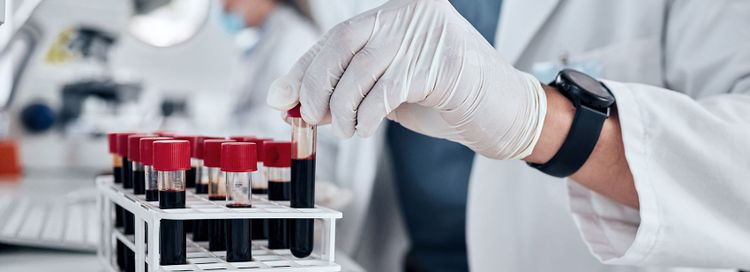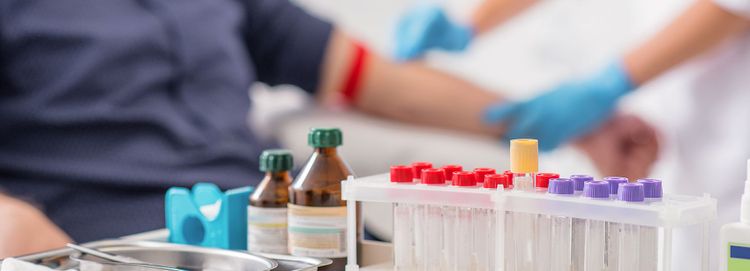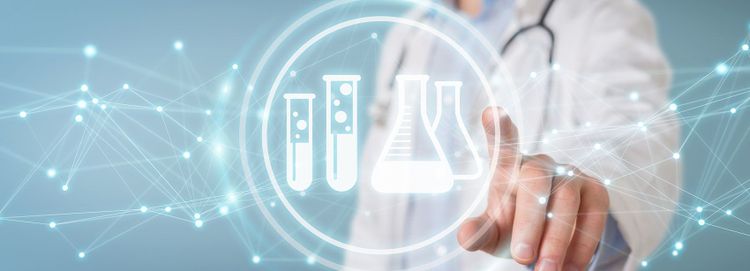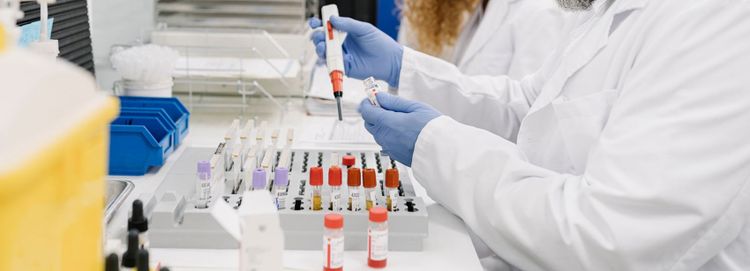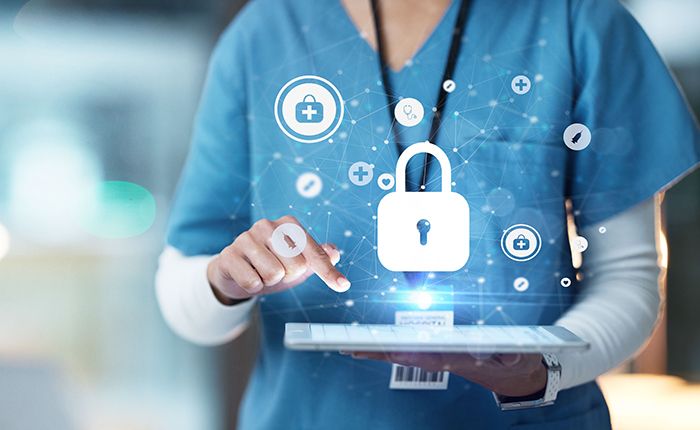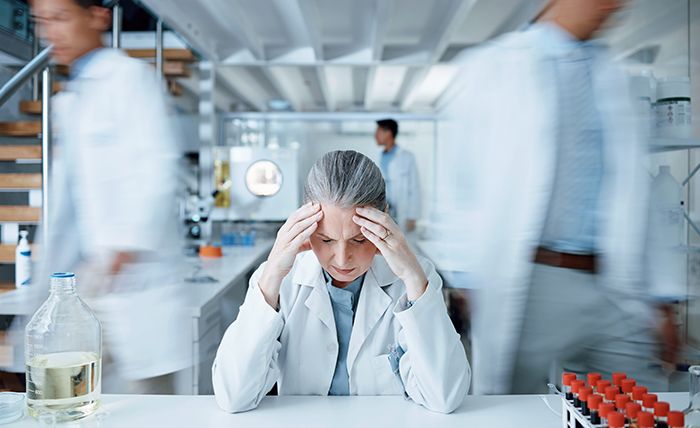May 12, 2020
The presence of SARS-CoV-2 antibodies in the blood indicates a previous COVID-19 infection. It may take up to 14 days after the onset of symptoms for IgG antibodies to be developed within the body. However, 91% of individuals infected with SARS-CoV-2 virus develop such antibodies between 8 to 13 days after the onset of symptoms. Approximately 40% of individuals infected with COVID-19 will never exhibit symptoms, but will most likely have a detectable antibody response with a few remote exceptions. While there is a reasonable belief based on scientific research that the presence of antibodies should provide some measure of immunity to future infections, there is not yet a large-scale long-term study to state this conclusively.
Antibody tests should never be used to define who is diagnosed as having active COVID-19 disease—this diagnosis requires a SARS CoV-2 RNA genome test (the nasal swab test). However, an antibody test can give some sense (not absolute) of who has had, and who has not had, a past infection, but only if the test kit utilized is reliable and reasonably accurate. Because the blood sample for the antibody test is easier to collect than the deep nasal-pharyngeal swab for the genome test is, and the antibody test is faster and cheaper than the genome test, many places will elect to do serology antibody screening to determine when people can come back into work or school. An enormous problem for employers and schools gearing up to “reopen in stages” is the reliability of the antibody tests. False lab test results from poorly performing antibody tests are dangerous misinformation.
The accuracy of any lab test is measured by its sensitivity and specificity. For SARS-CoV-2 antibody testing, sensitivity is the test’s ability to correctly identify people with antibodies—true positives—and specificity is the test’s ability to identify people without the antibodies—true negatives. The most accurate antibody tests require a blood draw and use chemiluminescent microparticle immunoassay (CMIA) to detect SARS-CoV-2 IgG antibodies. Rapid tests, or lateral flow immunoassays (LFI), are relatively accurate and can be performed in remote locations, but the sensitivity and specificity of these rapid tests are not as high as central lab-based CMIA tests.
Over 200 antibody tests have flooded the market with no initial FDA control. The FDA is pulling back control1 and now requires test manufacturers to establish an Emergency Use Authorization (EUA) to stay in the market. To gain EUA from the FDA, sensitivity and specificity testing and results must be documented. The FDA is looking for specificities of at least 95%, but unfortunately, even at that level of reliability many false-positive antibody tests occur.
An antibody test with a low specificity results in a large amount of false-positive tests, imparting an unfounded sense of security to the individuals being tested and their communities. These false-positive individuals have not had COVID-19. Yet their inaccurate test results mislead them into believing that they are protected from getting COVID-19 and will not be infective to others. They are likely to not use PPE, keep a 6-foot distance, and continue the repeated hand washing that is universally recommended. Until the FDA gets this fully under control, any organization planning to augment their “Back to Work/School/Church” plans with antibody testing should confirm the accuracy of the antibody assay they plan to use and only select one that has EUA.
According to independent studies from Abbott Labs, Quest Diagnostics, and the University of Washington, the newest Abbott CMIA test approved for EUA on May 11 has a sensitivity of 100% and a specificity of 99.6%, making it the most accurate COVID-19 antibody test currently available. Roche’s recently authorized Elecsys test showed 100% sensitivity and 99.8% specificity across multiple antibody types, with a positive predictive value of 96.5% and a negative predictive value of 100% at 5% prevalence.
hc1 has a structured infection control program that recommends the use of high specificity antibody tests. This solution for the employer, university, school, or other facilities will track all individual test results and communication management to the full workforce or student population as the workplace, school, or institution gears back up during the expected prolonged period of the pandemic. Contact us if you are interested in learning more about this solution.
References:
- FDA, Policy for Coronavirus Disease-2019 Tests During the Public Health Emergency
- FDA, EUA Authorized Serology Test Performance
- Fierce Biotech, FDA publishes first validation results of 12 COVID-19 antibody tests
About the Author
Peter J. Plantes, M.D. has three decades of experience creating service and delivery solutions that enhance marketplace success and clinical performance for clinical practice groups, academic faculty group practices, hospitals, health systems, and health care organizations. His success stems from his ability to blend and synergize clinical knowledge, operational expertise, financial performance, and collaborative methodology with his deep commitment to serve patients and improve the health of the community. Dr. Plantes has served in CEO & Physician Executive roles for a number of large healthcare clinical delivery networks including regional community networks, academic practices, national hospital networks, international health systems (Chile, Colombia), and corporate managed care/HMO networks.



